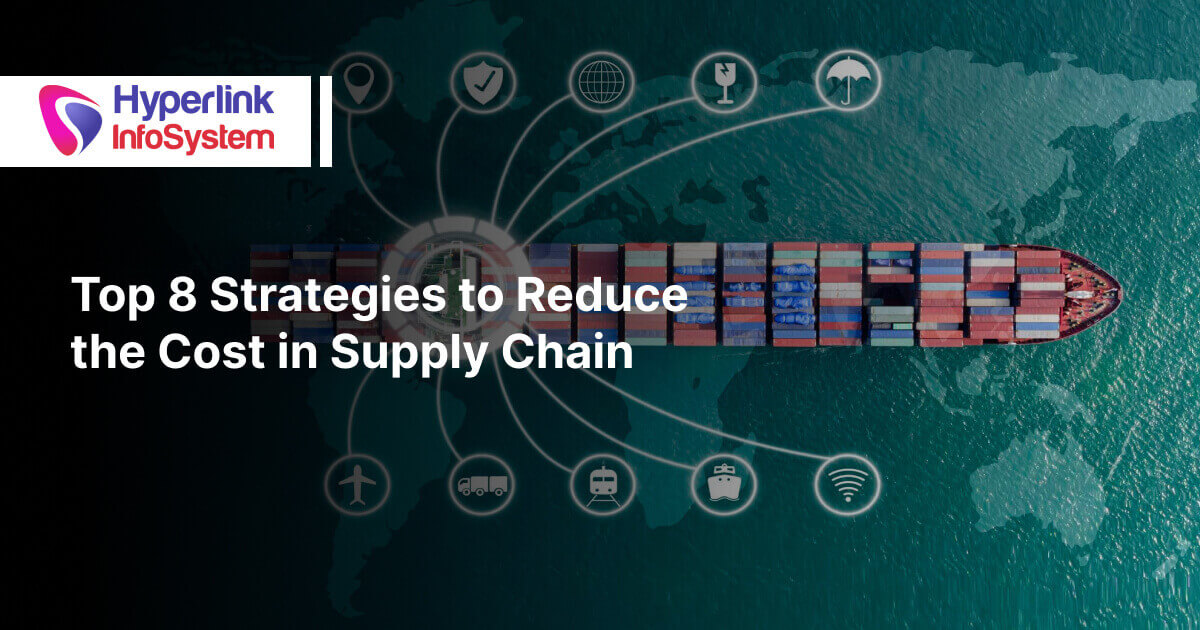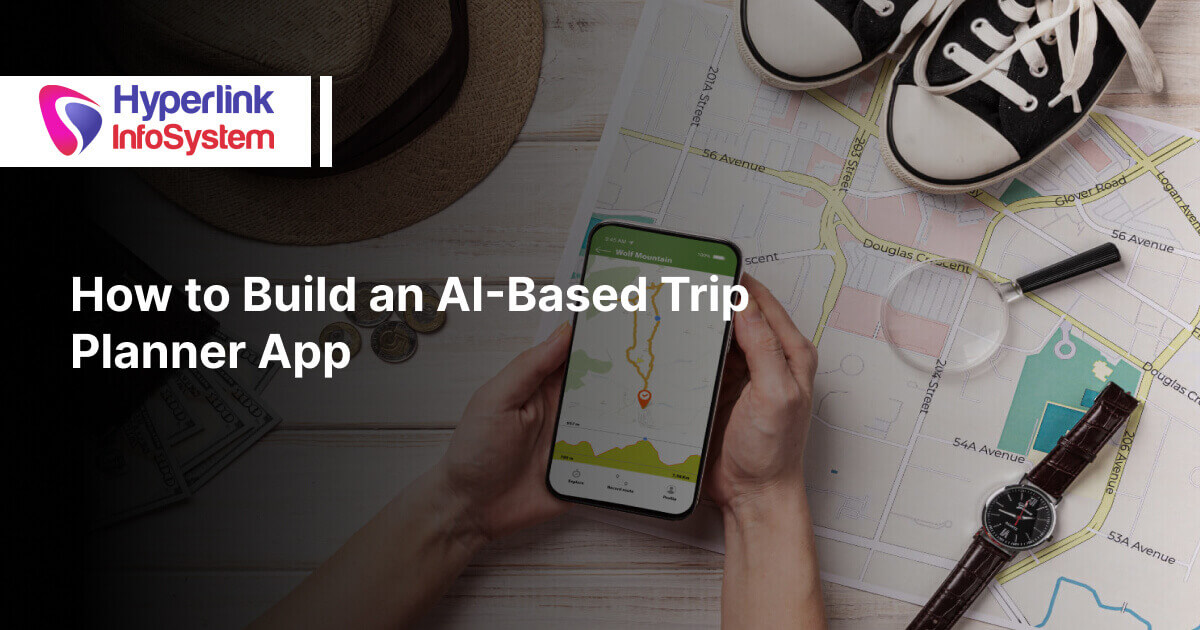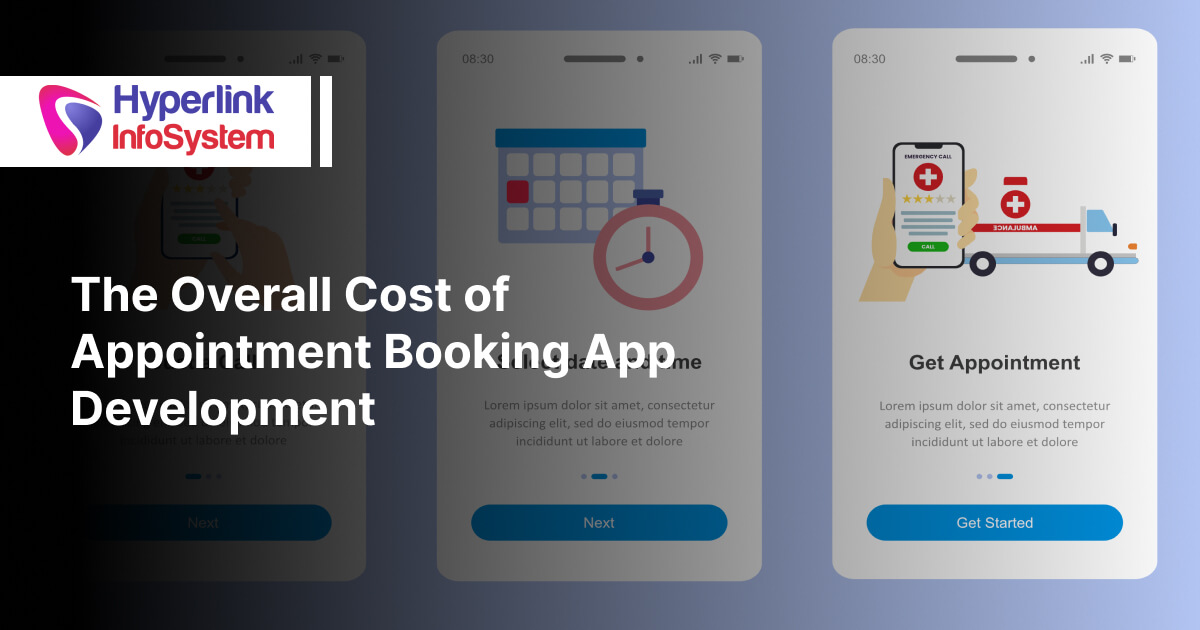Hyperlink InfoSystem is a top mobile app development company in Birmingham, and Manchester. The development of mobile app is now a necessity for most businesses.
When you decide to develop mobile app for your business in Birmingham, you should contact a top mobile app development company. With several years of experience in developing epic mobile app, Hyperlink infoSystem is the right mobile app development company for you.
In the current era of digital business, a mobile application is the strongest marketing tool for raising customer awareness: it increases potential users and helps you generate more traffic. The mobile App that we will create for your company will fully converge with your brand. Here are some benefits of developing mobile app for your business:
It Saves You Money
Mobile applications will help you automate many processes and save on manual labor. Operations such as ordering a product, scheduling appointments and registering support requests are simplified and automated by the Apps.
Improve The Relationship With Your Customers
One of the best ways to stay in touch with your customers is by building a compelling brand. Whether it's ordering a product or making an appointment. If the brand is interesting, the chances of new and quality users increase exponentially. At Hyperlink InfoSystem, we offer you the skills of the best mobile App developers, so that your brand is reflected in every application window.
Increase Loyalty To Your Brand
A loyal customer base is the primary asset to your long-term success. One of the ways to promote brand loyalty is to launch a mobile app. With an application on your smartphone, you can convince customers to participate in specific loyalty programs and then reward them with personalized offers.
The Main Features of a Mobile Application
Depending on the type of mobile application, the project requires the integration of different features. Depending on the popularity and inventiveness of the features, the time spent by the developer will be proportional to the price of the mobile application.
Registration, login, forgotten password: This functionality is one of the basics of the mobile application since the user must be registered to access the online service.
Profile management: This is the logical continuation of registration, all the more so in a post-GDPR era (general data protection regulation).
Geolocation: The smartphone being by definition an augmented mobile device, many services require the user's location.
Messaging: The discussion between users is a feature present in a lot of projects.
Payment: Payment is at the heart of the economic model of the mobile application. Depending on the type of activity, several payment methods are possible and compliant, ranging from the native payment system managed by Google and Apple to alternative payment solutions.
Categories of Mobile App
This is usually the first question that the developers ask the clients before the creation of mobile app. This allows them to begin to identify the project and then ask the right questions. It is difficult for a mobile application developer to ask the right questions when the project direction remains too vague. Vague answers unfortunately lead to vague questions and vague prices.
Utility
Utility-type mobile applications are mobile applications that still have a bright future because they cover as many uses as businesses, niches, existing micro markets. These are applications that are an extension of existing services that attempt to migrate from their older state to a digital state. The term digital transformation finds all its meaning here.
Marketplace
The marketplace is aptly named since it is deals with connecting audiences in a mobile application. The mobile application plays the role of intermediary.
E-commerce
Launching a mobile application in the e-commerce sector seems mandatory when your e-commerce website is profitable and your statistics on google analytics indicate a strong mobile audience. It is therefore time to find out about the cost of creating and developing your mobile application to build customer loyalty and to support the growth of your digital activity. The price of the mobile application is a calculation between the forecast turnover and the expected return on investment.
Social Network
The most popular mobile applications are social media type mobile applications. The very essence of their concepts is to promote the social bond between individuals. Share your adventures, emotions, meet, and discuss. Many concepts have been tested and some have survived to become digital giants. In recent years, very few new players have succeeded in a sector with enormous dominance.
Different Types of Mobile Application Development
Native Application
Programming a mobile application in the native language of the operating system, such as Swift for iPhone and Java/Kotlin for Android, requires developing and maintaining two mobile applications for your project. This is a reflection and not the least to have because it greatly influences the price of the mobile application.
Hybrid Application
Overtime, the technologies around the hybrid development of mobile applications have evolved from embryonic status to adulthood with performances to make a native developer pale. Some examples of hybrid mobile application development languages are React and Ionic. Some industry giants such as Facebook, Airbnb and other mobile applications are developed with this type of programming language. The hybrid solution remains a solution with a very interesting quality-price ratio.
Web Application
Long used as a stopgap for full native applications, mobile applications that host a WebView are useful for quickly and unconstrained project development on mobile application stores.
 +1 309 791 4105
+1 309 791 4105















































 +91 8000 161161
+91 8000 161161
